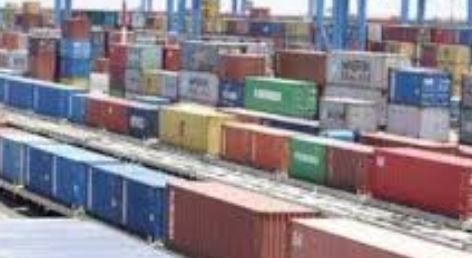×
The Standard e-Paper
Kenya’s Boldest Voice

Kenya Maritime Authority (KMA) has waived storage fees for empty containers held in various state holding facilities since June 1 this year, giving a reprieve to local and regional importers.